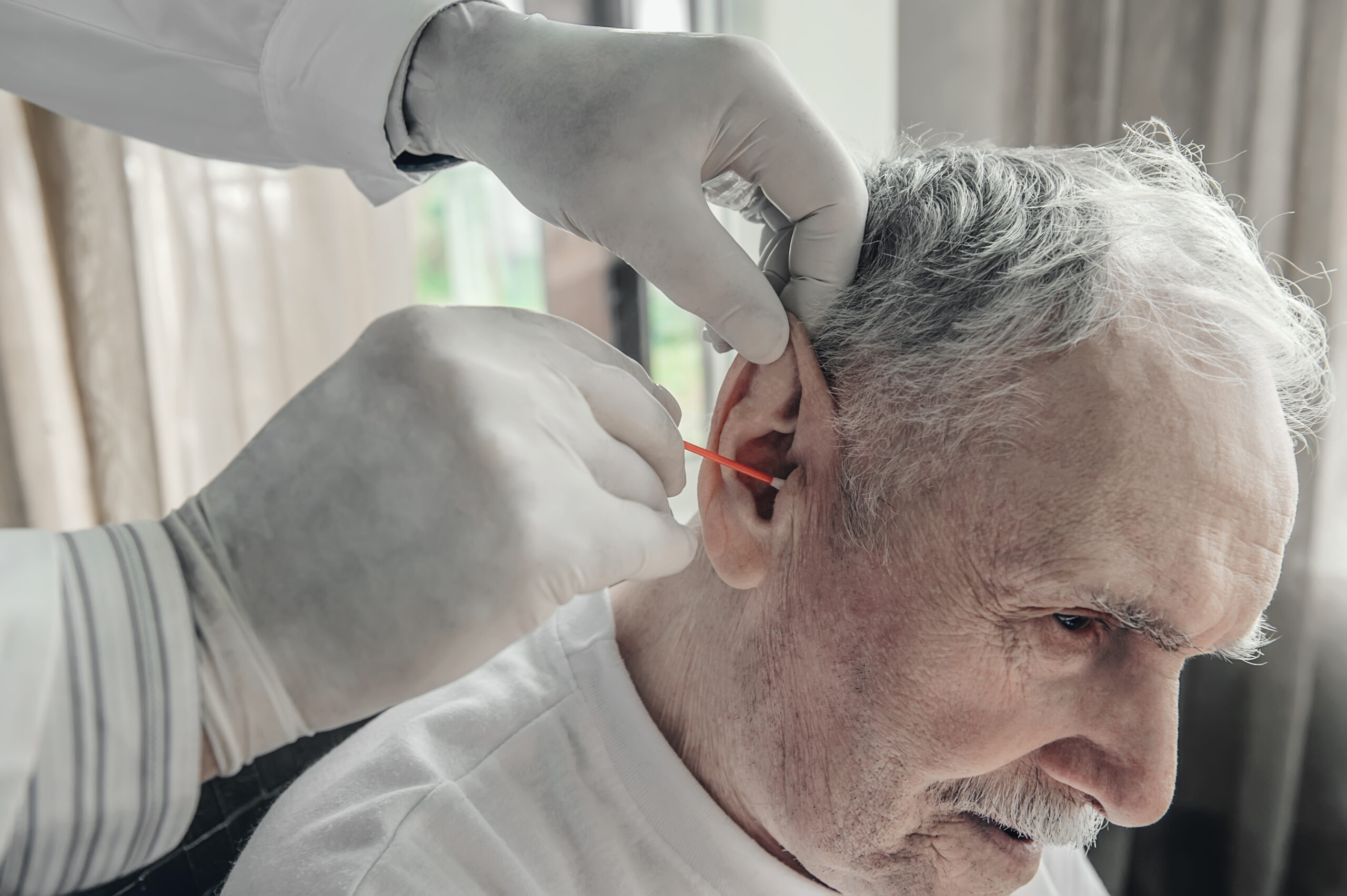How Often Should You Clean Your Ears?

Our ears do a remarkable job of taking care of themselves. While earwax may seem like a nuisance, it’s nature’s way of keeping your ears safe from dust, dirt, and harmful bacteria. However, many people are unsure about how often they should clean their ears or if they should at all. Over-cleaning can cause damage, while neglect can lead to blockages. Striking the right balance is key.
Earwax, also called cerumen, is a natural substance produced by glands in your ear canal. It traps dirt and debris, preventing it from reaching the more sensitive parts of the ear. The wax eventually moves outward, carrying these particles with it, before drying up and falling out naturally. So, your ears essentially have their cleaning mechanism! However, when too much wax builds up, it can become impacted and affect your hearing or lead to discomfort. This is when cleaning becomes necessary, but knowing when and how to do it is important.
Signs It’s Time to Clean Your Ears
While your ears don’t need regular deep cleaning, there are a few signs that might indicate it’s time for a gentle clean. If you notice muffled hearing, earache, itching, discomfort, or a feeling of fullness in the ear, it may be a sign of earwax buildup.
If these symptoms persist, it’s a good idea to consult a hearing health professional before attempting to remove the wax yourself. In some cases, what feels like wax buildup could be an ear infection or another underlying condition.
How Often Should You Clean?
The truth is that most people don’t need to clean their ears regularly. For the majority, earwax naturally exits the ear without causing any issues. However, if you are prone to excessive wax buildup or wear hearing aids, you might need to clean your ears more frequently.
A good rule of thumb is to check for signs of buildup and only clean your ears when necessary. For some, this might be once a month, while others may never need to do it. Remember, the ears are delicate, and over-cleaning can lead to irritation, infection, or even damage to the eardrum. It’s always best to err on the side of caution.
Safe Ways to Clean Your Ears
Cleaning your ears safely is crucial to avoid causing harm. After a shower, you can use a damp cloth to gently clean the outer part of your ears. Avoid sticking anything inside the ear canal. This method helps remove any wax that may have migrated out on its own.
Over-the-counter ear drops can soften hardened earwax, making it easier to remove. Follow the instructions on the product, and be sure to tilt your head to let the drops work their way into the ear. You can also use a saline or water solution to rinse your ear gently. Irrigation kits are available at pharmacies and come with specific instructions for safe use. Never attempt to irrigate your ears if you have a perforated eardrum.
What Not to Do
While it may be tempting to reach for a cotton swab to dig out earwax, this is one of the worst things you can do. Cotton swabs push the wax deeper into the ear canal, which can lead to impaction or even damage the eardrum. Additionally, avoid inserting anything sharp or pointed into your ears.
Another method to avoid is ear candling. This practice is not only ineffective but can also be dangerous. Ear candling has been associated with burns, ear canal damage, and blockages from candle wax.
When to Seek Professional Help
There are times when professional intervention is necessary. If you experience persistent ear pain, ringing in the ears, or significant hearing loss, it’s important to see a healthcare provider. They can safely remove impacted wax using specialized tools and techniques that won’t harm your ears.
Also, people with certain medical conditions, such as eczema or a history of ear infections, should consult a doctor before attempting to clean their ears at home. In these cases, ear care should be part of a broader health strategy, and professional guidance will help keep your ears healthy.
Maintaining Ear Health
To keep your ears healthy, routine care and regular checkups are important. A healthy ear generally takes care of itself, but keeping an eye on changes in your hearing or comfort level can prevent future problems. Avoid exposing your ears to loud noises for extended periods, and protect them when swimming to reduce the risk of infections. Regular hearing exams can also help catch any potential issues early, ensuring your hearing health remains in top condition.
